Top 10 most influential Liberals in Carney’s government
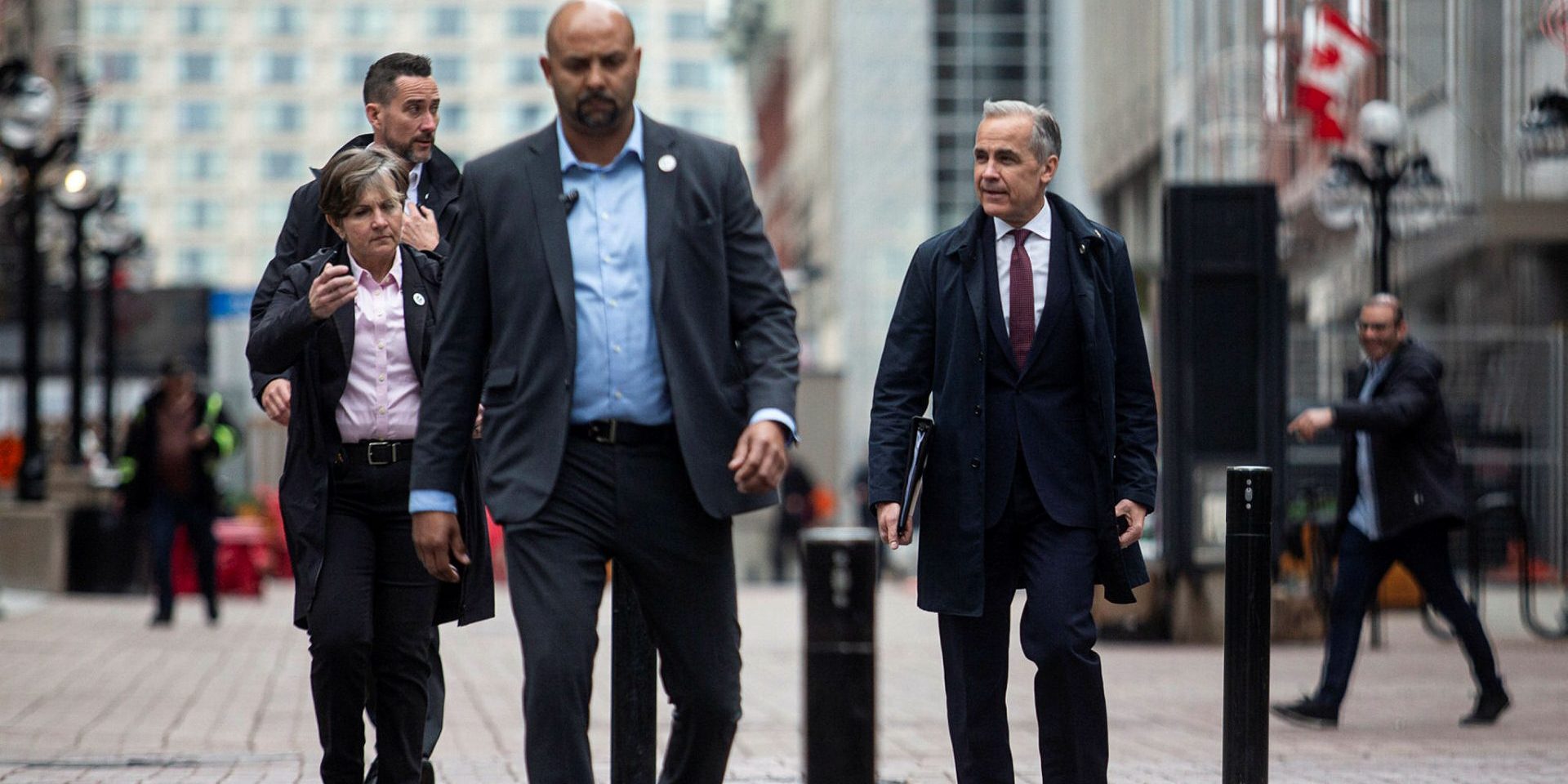
The federal Liberals owe their surprising comeback to Mark Carney who officially entered in the political arena just five months ago. A former central banker who led both the Bank of Canada and the Bank of England, Carney emerged as a compelling figure during the Liberal leadership campaign, particularly amid rising tensions from the trade war with the United States. Many Canadians believed Carney’s financial background uniquely positioned him to handle the sensitive and complex trade issues and U.S. President Donald Trump’s threats to annex Canada. Given that Canada and the U.S. exchange $1-trillion in goods and services every year, and more than a million jobs depend on this relationship, the stakes are high.
Now, as a prime minister with no prior political experience, Carney (Nepean, Ont.) will need a capable team of advisers and cabinet ministers to manage the trade conflict and tackle the cost-of-living crisis—a key issue that helped push Justin Trudeau out of the Prime Minister’s Office. These two policy fronts will define the success or failure of the Carney government.
Until this past January, the Conservatives were widely projected to win a historic majority with over 200 seats. At the time, the Liberals were bracing for a possible third- or even fourth-place finish in the 2025 election. However, the political landscape shifted dramatically following Trudeau’s resignation and Carney’s entry into the Liberal leadership race. The Liberals gained early momentum during the first three weeks of the campaign, but lost steam in the final stretch as the Conservatives surged, largely driven by voter concerns over the cost of living.
In the end, the Liberals edged out a narrow victory in the popular vote—43.7 per cent to the Conservatives’ 41.3 per cent. Even now, both parties are tied in a statistical dead heat. A Nanos Research poll released last week stated that the Liberals were at 41.4 per cent, the Conservatives at 39.6 per cent, the NDP at 8.5 per cent, the Bloc Québécois at 4.7 per cent, and the Greens at 3.9 per cent.
François-Philippe Champagne
Finance Minister
After Prime Minister Carney, Finance Minister François-Philippe Champagne holds the second-most influential position in the government. As U.S. tariffs and the cost of living remain pressing issues, Champagne is expected to play a pivotal role in addressing these issues. A prominent Quebec Liberal, Champagne was once considered a potential successor to Trudeau, but opted not to enter the leadership race, choosing instead to concentrate on his duties as industry minister during the escalating trade tensions sparked by Trump’s return to the White House following the November presidential election.
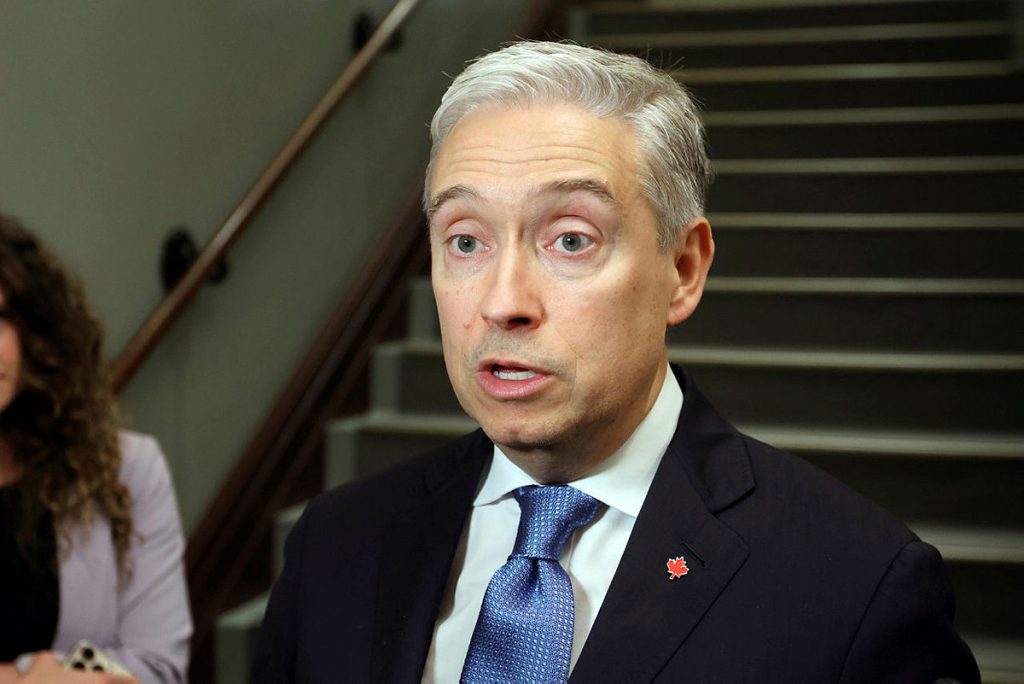
One challenge Champagne faces is working under a prime minister with deep financial expertise. Political insiders expect Carney to scrutinize all major economic decisions. Champagne is set to deliver his first federal budget this fall, which will be closely watched.
Dominic LeBlanc
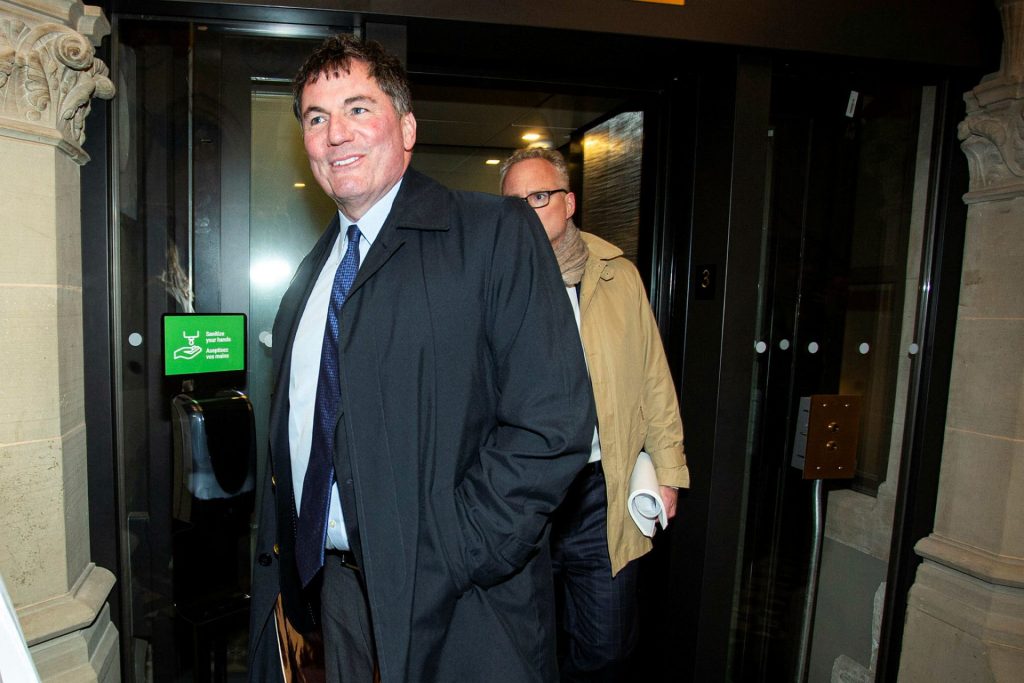
Canada-U.S. Trade and Intergovernmental Affairs Minister
An impressive bilingual communicator, Dominic LeBlanc is tasked with managing Canada-U.S. trade—an assignment that revitalized the Liberals’ prospects during the election campaign. He has been in regular contact with senior Trump officials, and was previously known as the Trudeau government’s crisis fixer. First elected in 2000, LeBlanc has been re-elected in all subsequent federal elections and has held a number of senior Cabinet portfolios, including finance, government House leader, public safety, and fisheries.
Tom Pitfield

Principal Secretary
Tom Pitfield, Carney’s principal secretary, is a veteran Liberal strategist and former CEO of Data Sciences, the firm behind Liberalist, the party’s voter outreach tool. A lifelong friend of Justin Trudeau, Pitfield faced allegations from the Chrystia Freeland campaign during the recent Liberal leadership race for allegedly aiding Carney while working as a party contractor. He served as the party’s executive campaign director and chief strategist in the last federal election. During the election, he was on an unpaid leave of absence from the PMO and remains in full compliance with the rules set by the federal ethics commissioner, the PMO stated.
The son of Michael Pitfield—a former clerk of the Privy Council and Senator—Tom’s long-term role in the Carney government remains uncertain, as he may eventually return to his private business. However, even if he steps away from his official post, Pitfield is expected to remain a key behind-the-scenes unofficial adviser. Should he depart, his successor will inherit a highly influential role with direct access to the prime minister, making the position critical to the inner workings of Carney’s team.
Anna Gainey
Minister for Children and Youth
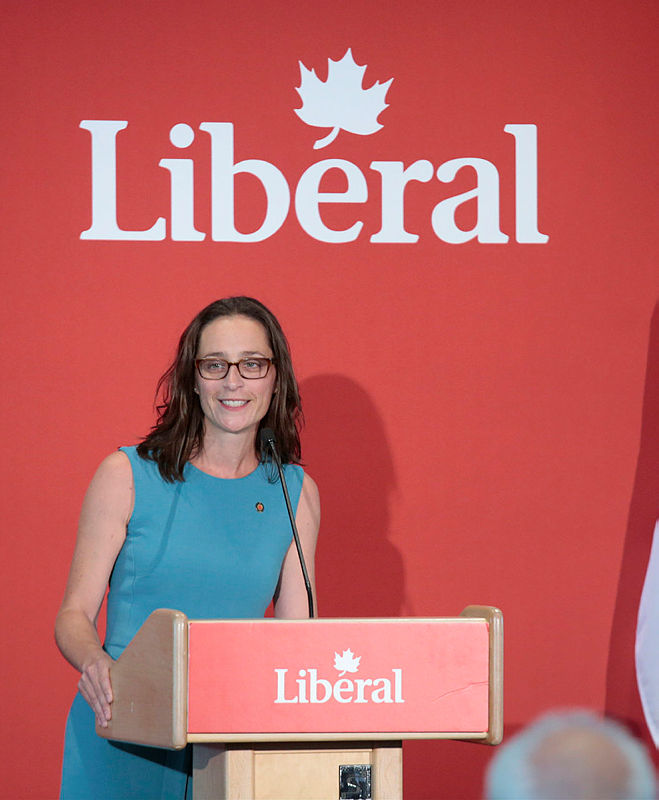
Anna Gainey, the former Liberal Party president and current MP for Notre-Dame-de-Grâce–Westmount, is the minister of State for Children and Youth. She is married to Tom Pitfield and is the daughter of Montreal Canadiens legend Bob Gainey. Both she and Pitfield are key members of Carney’s inner circle.
Anita Anand
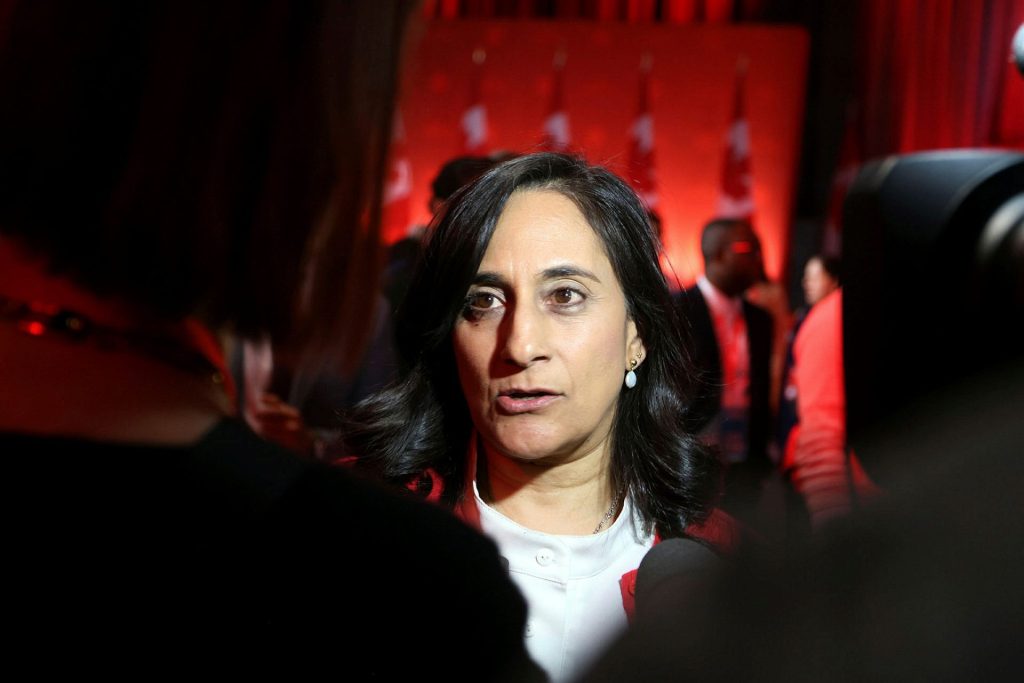
Foreign Affairs Minister
Anita Anand, a former law professor and an expert on governance, brings extensive academic, corporate and legal experience to the Foreign Affairs portfolio, and is expected to play a crucial role in navigating Canada-U.S. relations. She has previously served in major cabinet roles, including Treasury Board, defence, and procurement. The Canada-U.S. file will be a real test, and it remains to be seen how she delivers on this tricky file.
Tim Hodgson
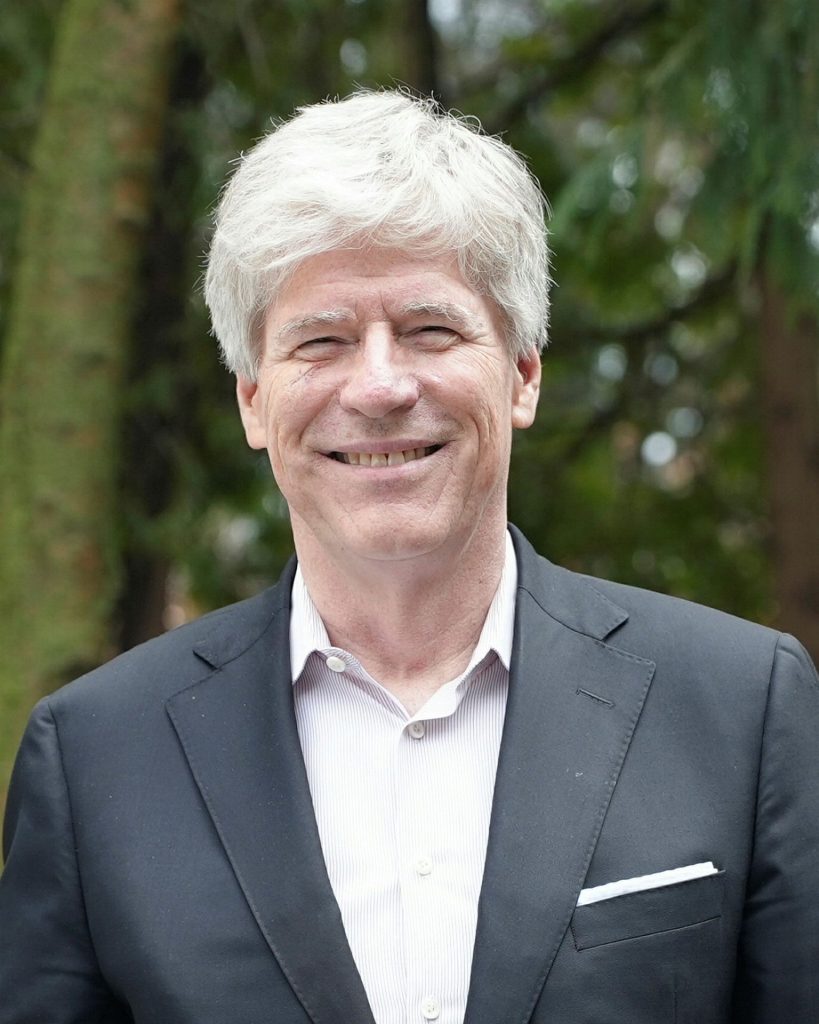
Minister of Energy
Tim Hodgson, a former Goldman Sachs investment banker, Bank of Canada executive, and past chair of Hydro One, is a trusted confidante of Prime Minister Carney, and has been appointed to oversee the energy portfolio—an area central to both interprovincial relations and Canada-U.S. ties. Renowned for his operational acumen, Hodgson is expected to wield significant influence over this complex and politically sensitive file.
Marco Mendicino
PMO Chief of Staff
Marco Mendicino, a former three-term MP and cabinet minister, currently serves as chief of staff to Prime Minister Carney—one of the most influential roles in Ottawa. In this position, he manages access to the prime minister, oversees scheduling, and collaborates closely with the clerk of the Privy Council on key government files. Although Mendicino did not run in the most recent election, he supported Carney’s leadership campaign and joined the PMO in March following Carney’s victory. Carney announced in a May 22 social media post that he had asked Mendicino to remain in the role until the House adjourns for the summer, and Mendicino agreed to stay on.
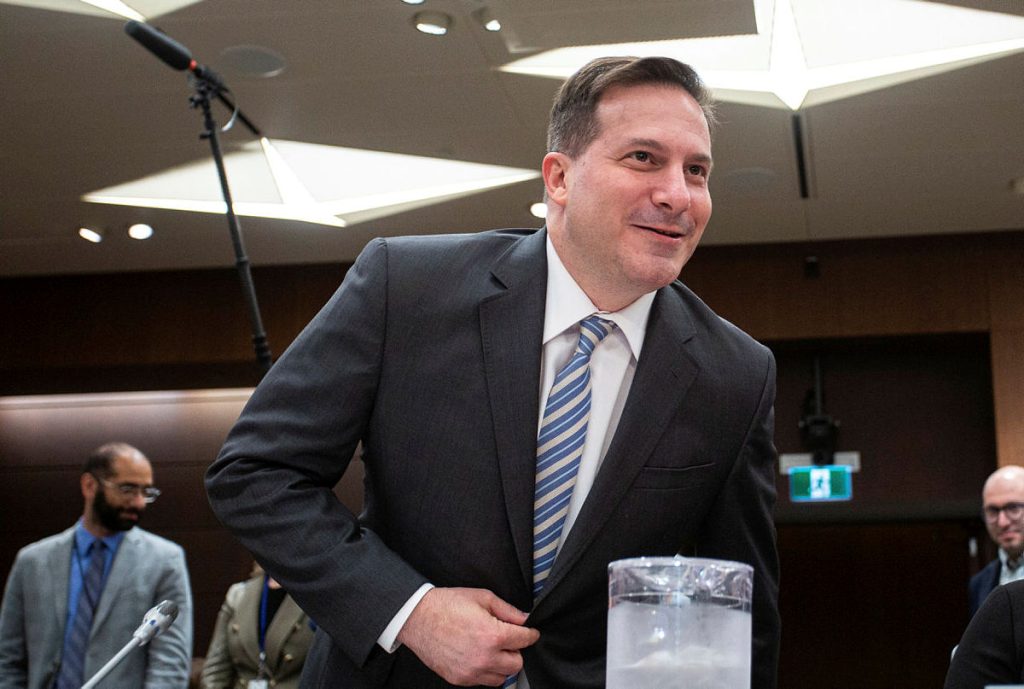
Whoever succeeds Mendicino after the summer is expected to hold a similarly influential role within the current government, wielding the same level of access and authority as the current chief of staff.
Gerald Butts
Former PMO principal secretary
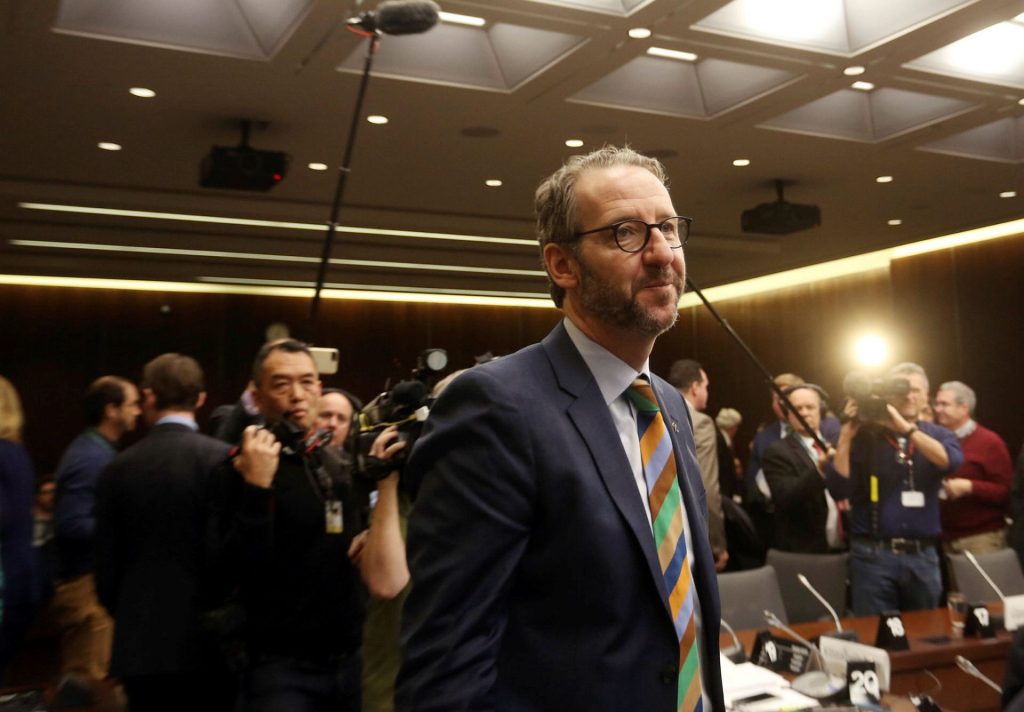
Gerald Butts became known nationally in 2015 after he played a key role in then-prime minister Justin Trudeau’s election win. A wily strategist, Butts served as principal secretary in Trudeau’s PMO, but left after the SNC-Lavalin controversy in 2019. He’s a close friend and informal adviser to Carney. Even before the start of the Liberal leadership that the prime minister won handily, Butts—who now works for the Eurasia Group—had been advising Carney on strategy. Even though he’s not officially part of the Carney government, Butts is still an influential player who has direct access to Carney.
David Lametti
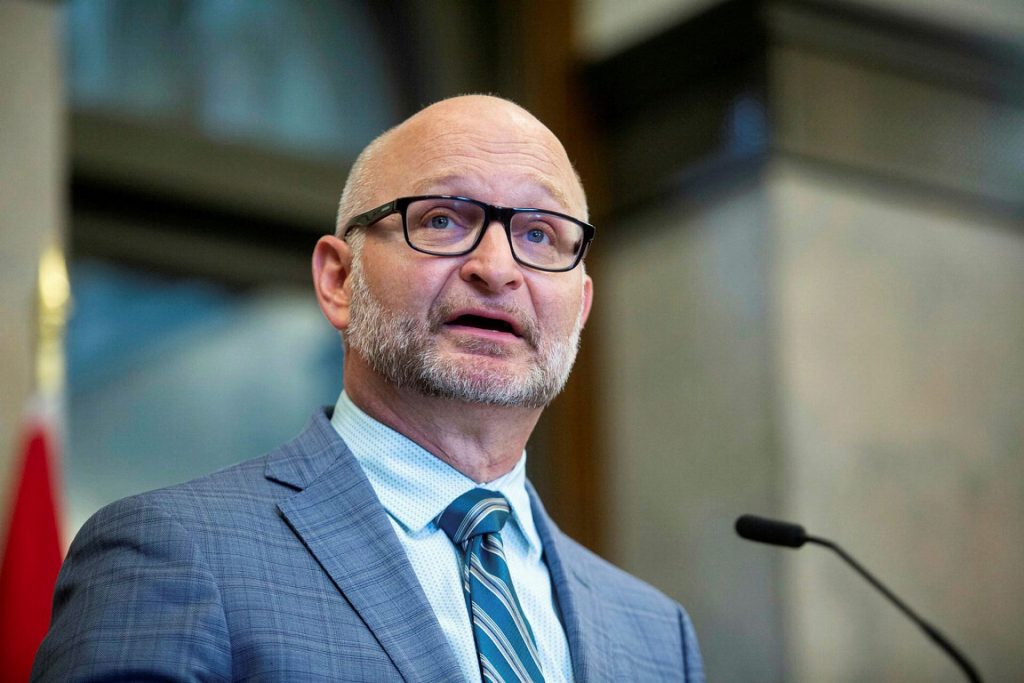
Informal Adviser
Former justice minister David Lametti, a longtime friend of Carney’s from their days at Oxford University, played a key role in Carney’s leadership campaign and later transition to government. A respected legal scholar, Lametti helped to vet cabinet appointments and remains a trusted adviser. Although he left Parliament in January 2024, insiders predict that he could take on an important role in the new administration.
Liberal Caucus
An unhappy Liberal caucus played a major role in ousting Trudeau, whose declining popularity and poor caucus management alienated many MPs. While Carney’s leadership has brought renewed energy, his May 13 cabinet announcement left numerous backbenchers frustrated. Managing expectations and maintaining cohesion among the 169-member caucus will be one of Carney’s biggest political tests moving forward.
Editor’s note: After the story was published, a PMO spokesperson told The Hill Times that Tom Pitfield left Data Sciences in early 2025. During the most recent federal election, he was on an unpaid leave of absence from the PMO and remains in full compliance with the rules set by the federal ethics commissioner, the PMO stated.
The Hill Times






 LICENSING
LICENSING PODCAST
PODCAST ALERTS
ALERTS













